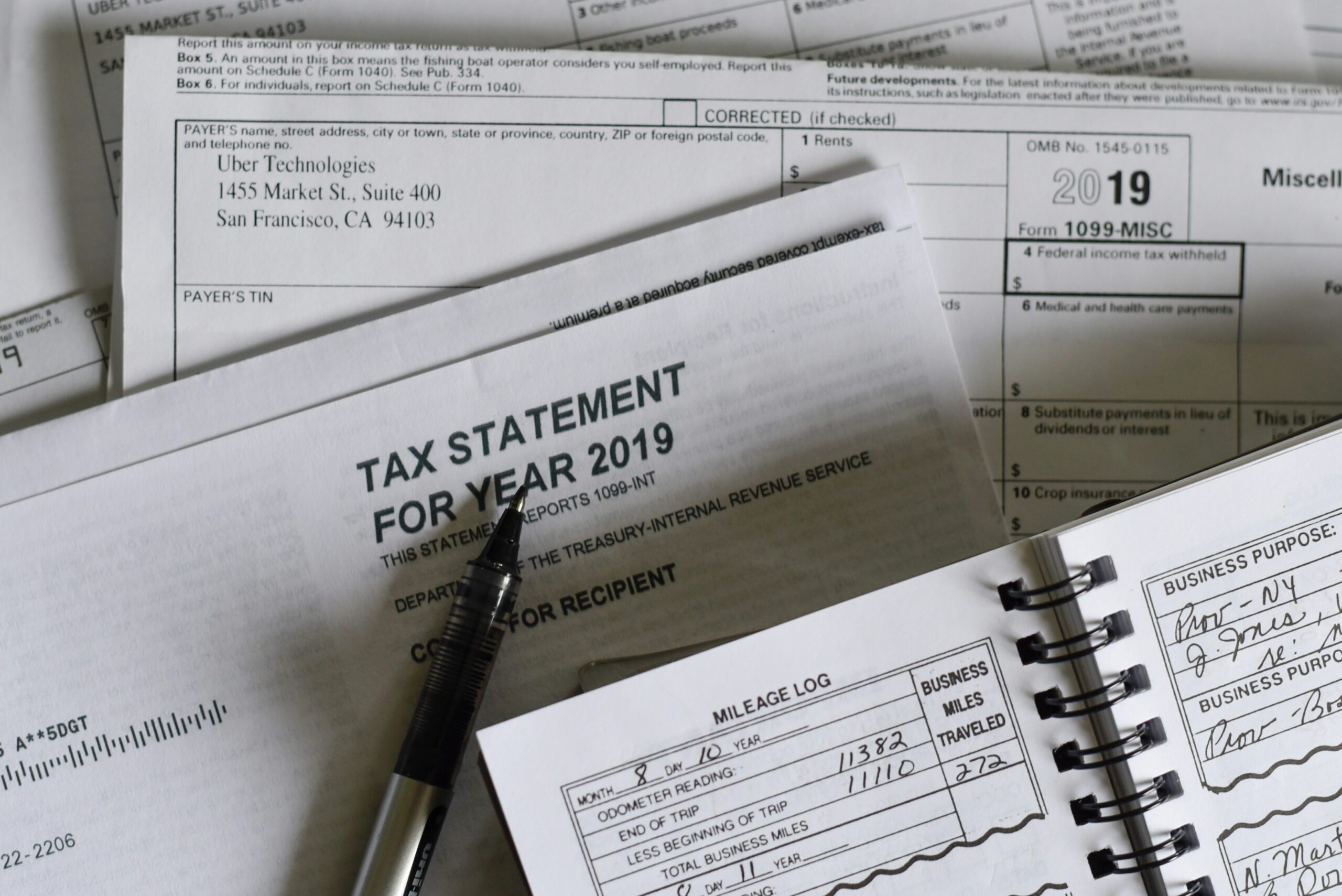CAPITAL GAIN TAX. WHEN THE BUYER -NOT THE SELLER- IS RESPONSIBLE.
While the obligation to declare and pay the Capital Gain Tax is for the seller -always-, there is one exception for this provision: when a non-resident individual (natural person holding only a passport) disposes of Costa Rican real estate, Law No. 7092, the Income Tax Law, imposes a specific retention obligation on the buyer—not the seller—under Article 28 ter. This blog explains the underlying legal framework, the mechanics of the buyer’s withholding duty, and why every purchase agreement, escrow instruction and transfer deed must expressly allocate this retention to the escrow company.
-
Legal Framework: Chapter XI of Law 7092
Chapter XI of Law 7092, added by Law 9635 (December 3, 2018), governs “Capital Income and Capital Gains and Losses”. Its key provisions for real estate sales are:
- Article 27 ter defines “Capital Gains” as variations in the taxpayer’s net worth realized upon disposal of assets, including real estate.
- Article 28 identifies taxpayers subject to these rules, encompassing all persons or entities earning capital gains from Costa Rican sources.
- Article 28 ter imposes a mandatory retention on purchasers of real estate owned by non-residents.
- Article 28 ter: Buyer’s Withholding Obligation
“Article 28 ter – Retention on capital gains obtained by non-residents.
Where real estate situated in national territory is sold by a non-resident, the acquirer must withhold and remit 2.5% of the total purchase price as an advance payment of the capital gains tax due by the non-resident seller.
If the retention is not made, the National Registry will refuse to register the transfer of ownership.
Key points:
- Who is a non-resident?
A natural person without a Costa Rican DIMEX (residency) card—i.e., a foreign passport holder—who holds title to real property. - What must be withheld?
2.5% of the agreed sale price (not merely the gain) must be retained by the buyer. - Who bears the obligation?
The buyer (or any professional acting as escrow agent) is legally required to effect the retention, file the return, and remit the funds to the Treasury. - Consequences of non-compliance:
- Registration blocked: The National Registry will not record the deed until proof of payment is presented.
- Liability: If the buyer fails to withhold or remit, the buyer becomes jointly and severally liable for the unpaid tax.
-
Practical Implementation: Role of the Escrow Company
Most real estate transactions in Costa Rica use an escrow or trust account to handle funds at closing. To satisfy Article 28 ter:
- The buyer must instruct the escrow company to withhold 2.5% of the purchase price at the time of payment.
- The funds must be deposited and reported via the online tax portal (ATV or Tribucr) within the statutory deadline (generally by the 15th of the following month).
-
Mandatory Drafting Clauses
To ensure all parties—and especially the escrow agent—understand and implement this duty, every transaction document should contain:
- Purchase and Sale Agreement
- A clause stating:
“Buyer shall withhold 2.5% of the total purchase price as required by Article 28 ter of Law 7092 and shall deposit such amount with the Tax Authority (Ministerio de Hacienda) as an advance payment of the seller’s capital gains tax.”
- Escrow Instructions
- Clear direction to the escrow holder to segregate and remit the 2.5% retention at closing.
- Deed of Transfer
- A recital confirming that the buyer has complied with the withholding obligation, attaching the Treasury receipt as an exhibit.
-
Seller’s Perspective
While the seller bears ultimate responsibility for capital gains tax, non-resident sellers must rely on the buyer’s proper withholding. Sellers should:
- Verify at closing that 2.5% has been withheld and remitted on their behalf.
-
Sample Clause for Closing Documents
“Capital Gains Tax Withholding: Pursuant to Article 28 ter of Law No. 7092, Buyer shall withhold 2.5% of the total purchase price at closing, deposit such amount with the Tax Authority as an advance payment of capital gains tax due by Seller, and provide Seller with the applicable retention certificate and proof of payment. Seller authorizes Buyer and the Escrow Agent to take all necessary steps to effectuate this withholding and remittance.”
-
Conclusion
Under Article 28 ter of Costa Rica’s Income Tax Law, the buyer—not the seller—must withhold 2.5% of the purchase price when acquiring real estate from a non-resident. Embedding explicit withholding clauses in the Purchase and Sale Agreement, Escrow Instructions, and Transfer Deed is essential to avoid registration delays and joint liability. At LandCo, we ensure your transaction documents fully capture this requirement, and coordinate with escrow agents to guarantee seamless compliance and timely registration.
For expert assistance drafting your closing documents and managing tax withholdings, contact Frank Molinero, Esq., at LandCo Law.
